

GENERAL
WaterAid trustees meet Upper East RCC in bid to strengthen WASH systems
WaterAid Trustees have met with the Upper East Regional Coordinating Council (RCC) to address water challenges and find ways to strengthen Water, Sanitation and Hygiene (WASH) systems in the Region.
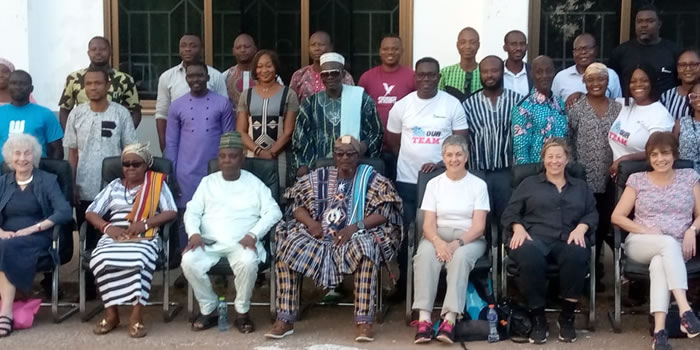
Date Created : 11/10/2023 : Story Author : Gilbert Azeem Tiroog/Ghanadistricts.com
The meeting, held in Bolgatanga, aimed at highlighting the importance of the joint efforts of stakeholders for enhanced synergy and also introduced WaterAid`s District-Wide approach for sustainable WASH coverage in the Bongo District.
The meeting formed part of a working visit of the Trustees to the region to finalize the developed compact for the signing of all stakeholders to work to address WASH challenges in the Bongo District and the region as a whole.
Ms. Ewurabena Yanyi-Akofur, the Country Director, of WaterAid Ghana, said for the past one and half years, WaterAid Ghana has been on a transition period, working with many stakeholders on its new country strategy in the area of universal access to WASH in the Bongo District, WASH in public health and WASH in climate change.
She said the visit of the Trustees was to afford them the opportunity to familiarize themselves with WaterAid’s WASH activities and look at the context of the challenges it was working to solve, the lessons, and the success stories.
The Trustees were also to understand what it would take for them to work together to accelerate actions to achieve universal access to water by 2030.
Mr. Alhaji Habila Ibrahim, the Bongo District Assembly Coordinating Director, speaking on exploring the opportunities to address challenges and potentials for strengthening WASH Systems in the Bongo District, noted that one major problem that faced the district was the high fluoride content in its groundwater.
This, he noted, contributed to the capping of some point sources of boreholes after drilling.
He said safe drinking water services stood at 24 percent, basic drinking water service at 19 percent and limited drinking water services at 18 percent while sanitation coverage stood at 38.8 percent.
Mr. Ibrahim commended WaterAid Ghana’s presence indicating that their WASH interventions in health facilities had contributed to a reduction in the number of pregnant women carrying water to health facilities during labor.
He added that the WASH facilities in schools had also reduced open defecation among school children and teachers but emphasized that 14 schools in the district had not yet received WASH facilities.
Alhaji Abubakar Inusah, Chief Director, the Regional Coordinating Council, expressed gratitude to WaterAid Ghana for augmenting the government's efforts at providing WASH facilities to communities in the region.
“It should have been our responsibility as a government but for our inability as a poor country and for WaterAid to have come from far away to touch the hearts of our vulnerable people in our region by providing them with WASH facilities, we can only be grateful and thankful to you”, he added.
Naba Baba Salifu Atamale Lemyaarum, the Paramount Chief of the Bongo Traditional Area, noted that a lot of children in the district had their teeth discolored while the aged suffered from knee and bones problems due to the high content of fluoride in the underground water and commended the WaterAid Trustees and WaterAid Ghana for the continuous support in providing WASH facilities to the people to help address the challenges.
Ms. Maureen O’Neil, WaterAid International Board Chair, said it was fascinating to listen to the stakeholders in their zeal to support WaterAid to deliver on its mandate and assured them of their commitment to working with potential partners to provide WASH facilities and ensure access to WASH by 2030.
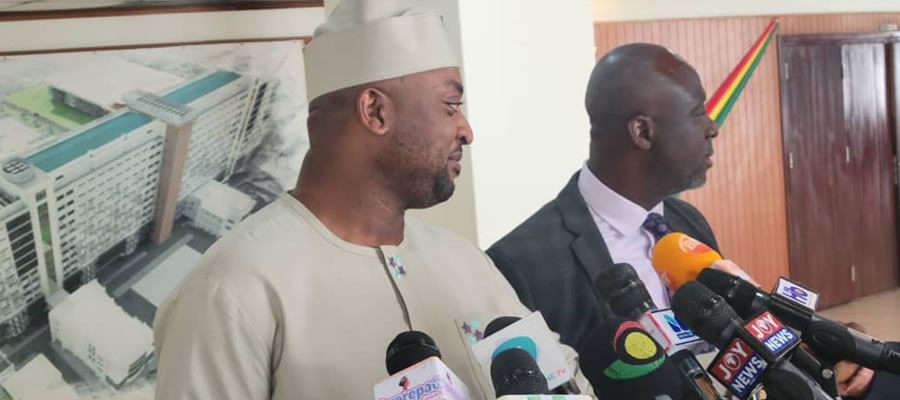
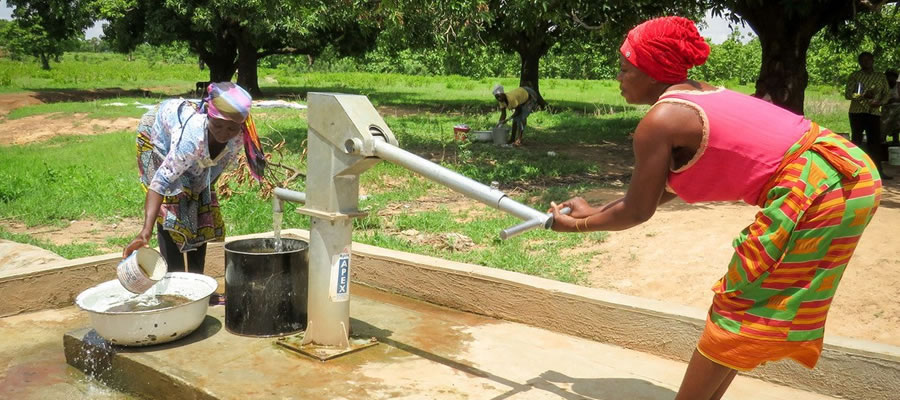

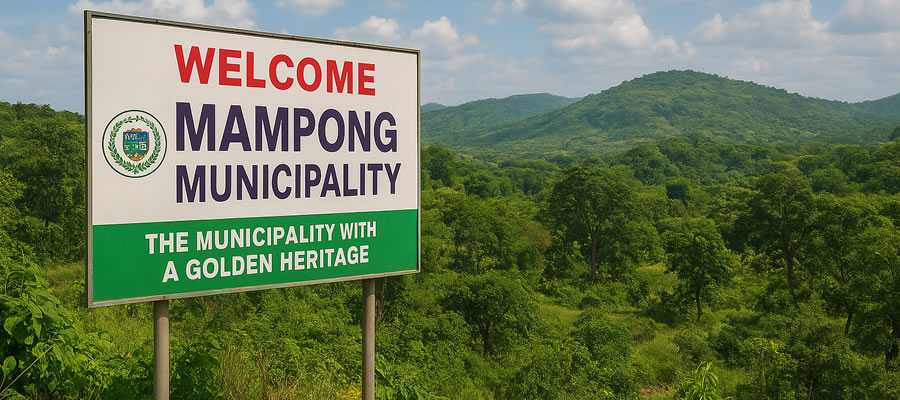

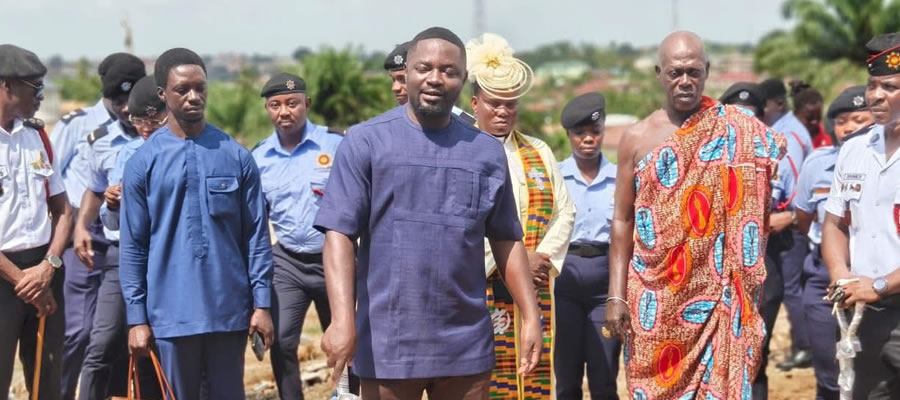
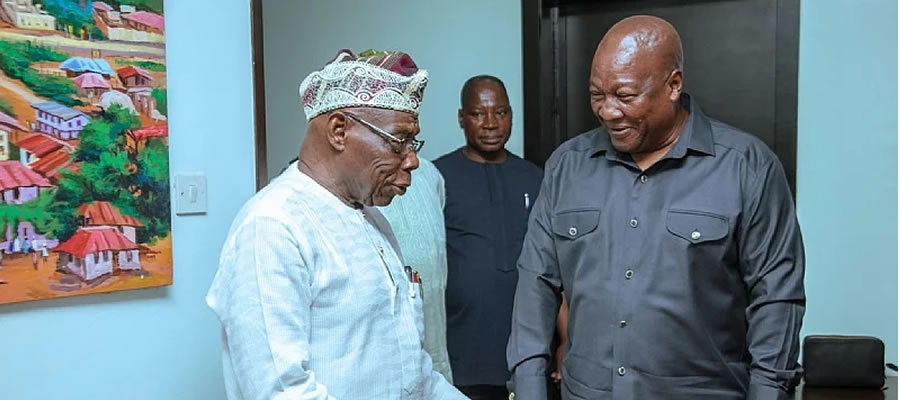
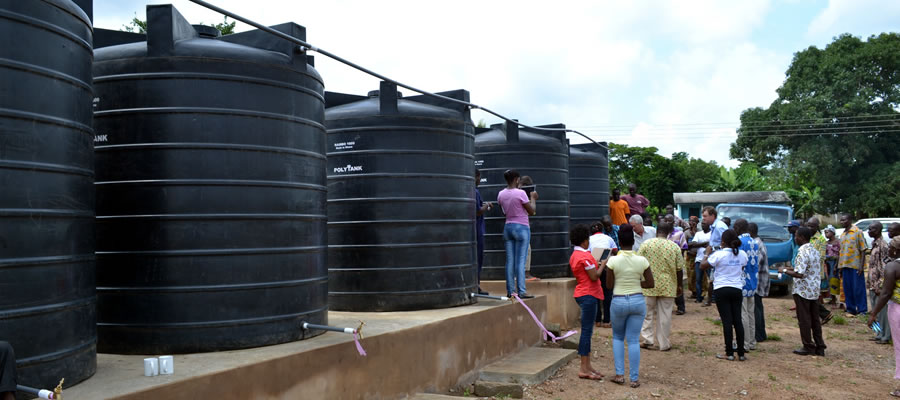
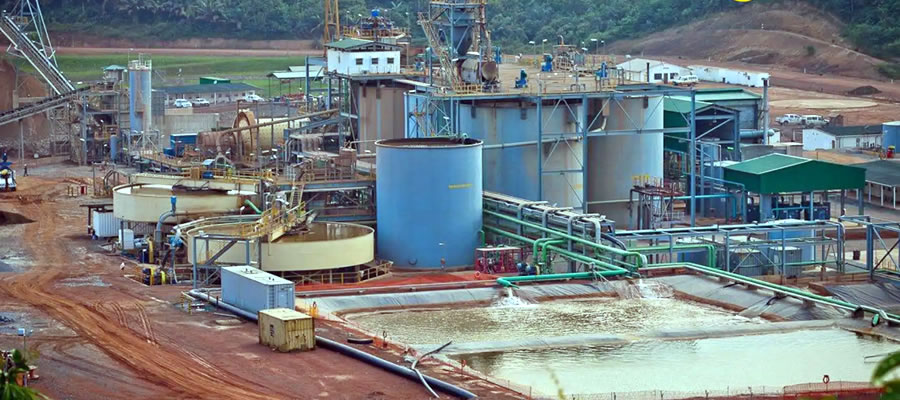
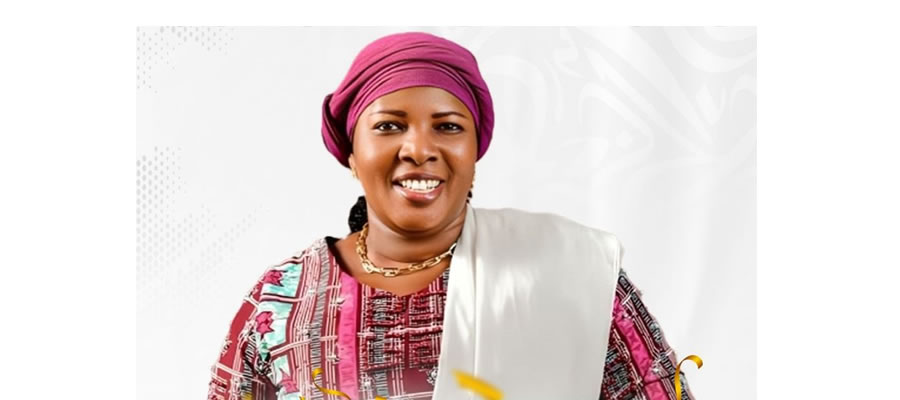
 facebook
facebook
 twitter
twitter
 Youtube
Youtube
 +233 593 831 280
+233 593 831 280 0800 430 430
0800 430 430 GPS: GE-231-4383
GPS: GE-231-4383 info@ghanadistricts.com
info@ghanadistricts.com Box GP1044, Accra, Ghana
Box GP1044, Accra, Ghana